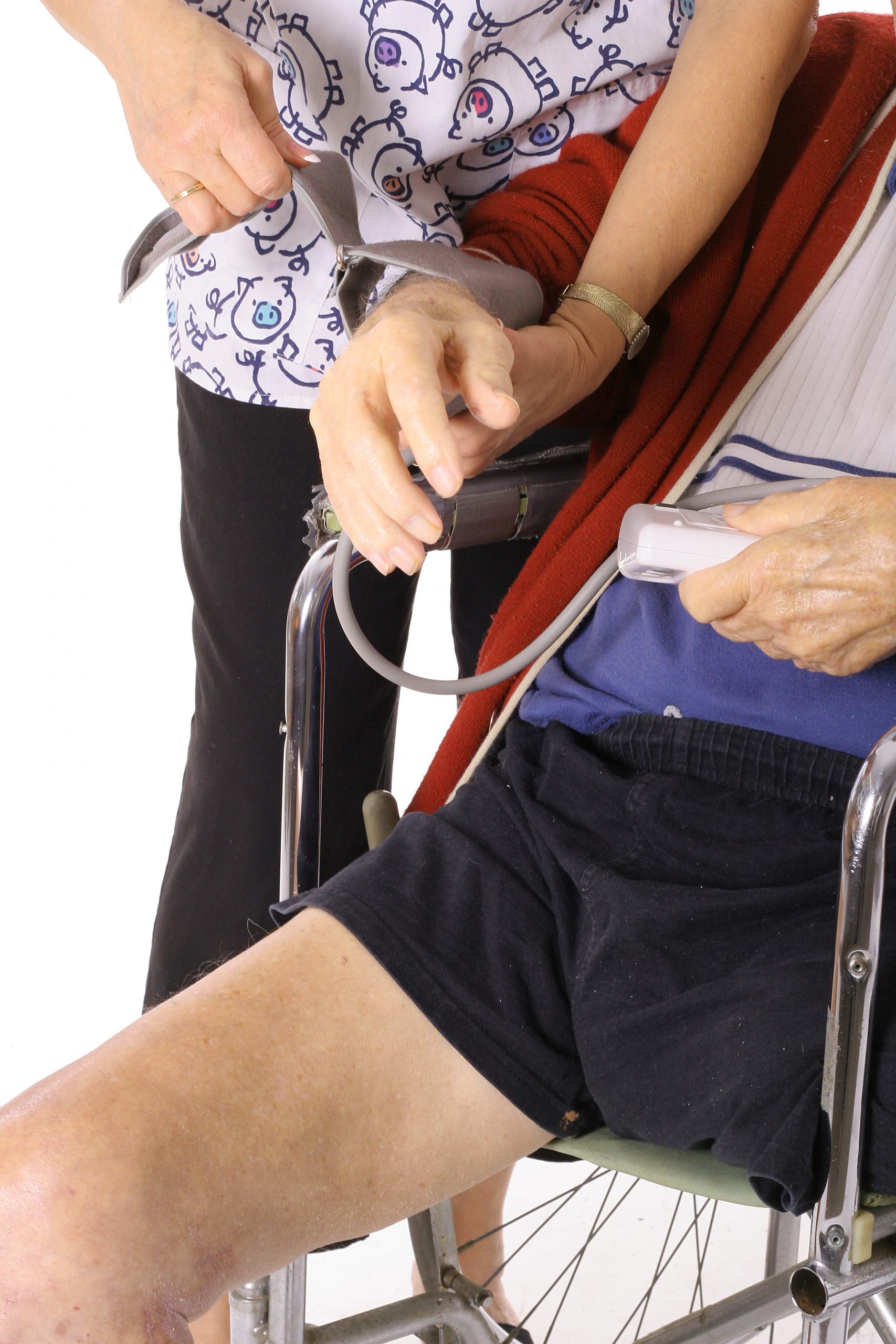
Federal agencies are continuing to target home healthcare industry fraud in “hot zone areas.”
Recently, the U.S. Department of Health and Human Services Office of Inspector General (HHS) released its report. It identified Florida, Texas and select areas in Southern California and the Midwest as areas where home healthcare fraud is more likely to occur. It is obvious that the watch dog agencies will continue to monitor home healthcare spending in these hot zones.
HHS found that a home health agency incorrectly billed Medicare and did not comply with Medicare Billing requirements for beneficiaries that were not homebound and for others that did not require skilled services at all.
In August and September 2018, physicians and the owner of a home health agency were each sentenced on multiple counts of conspiracy and healthcare fraud and ordered to pay $6.5 million in restitution. One physician was sentenced to 132 months in prison following trial. A physician who pled guilty was sentenced to 27 months in prison following a guilty plea. The home health agency owner was sentenced to 42 months in prison. The defendants paid and received kickbacks in exchange for patients and billed Medicare more than $8.9 million for services that were medically unnecessary, never provided, and/or not otherwise reimbursable. Additionally, certain defendants provided prescriptions for opioid medications to induce patient participation in the scheme.
In September 2018, the co-owner and administrator of a home health agency was sentenced to 24 months in prison, ordered to pay over $2.2 million in restitution, and ordered to forfeit over $1.1 million. The co-owners participated in a home healthcare fraud conspiracy that resulted in Medicare paying at least $2.2 million on false and fraudulent claims. The owners and their co-conspirators paid kickbacks to doctors and patient recruiters in exchange for patient referrals, billed Medicare for services that were medically unnecessary, and caused patient files to be falsified to justify the fraudulent billing.
Back in February 2018, the owner of more than twenty home health agencies was sentenced to 240 months in prison and ordered to pay $66.4 million in restitution, jointly and severally with his co-defendants, after pleading guilty to one count of conspiracy to commit health care fraud and wire fraud. A patient recruiter for the home health agencies, who also owned a medical clinic and two home health agencies of her own, was sentenced to 180 months in prison. Another patient recruiter, who also was the owner of two home health agencies, was sentenced to 115 months in prison. These conspirators paid illegal bribes and kickbacks to patient recruiters in return for the referral of Medicare beneficiaries many of whom did not need or qualify for home health services. Medicare paid approximately $66 million on those claims.
Illegal kickbacks in exchange for referrals of Medicare beneficiaries, lack of medical necessity for home health services, failing to meet the guidelines, fraudulent billing, billing for services beneficiaries did not receive and fraudulent documentation continues to plague the home healthcare industry.



